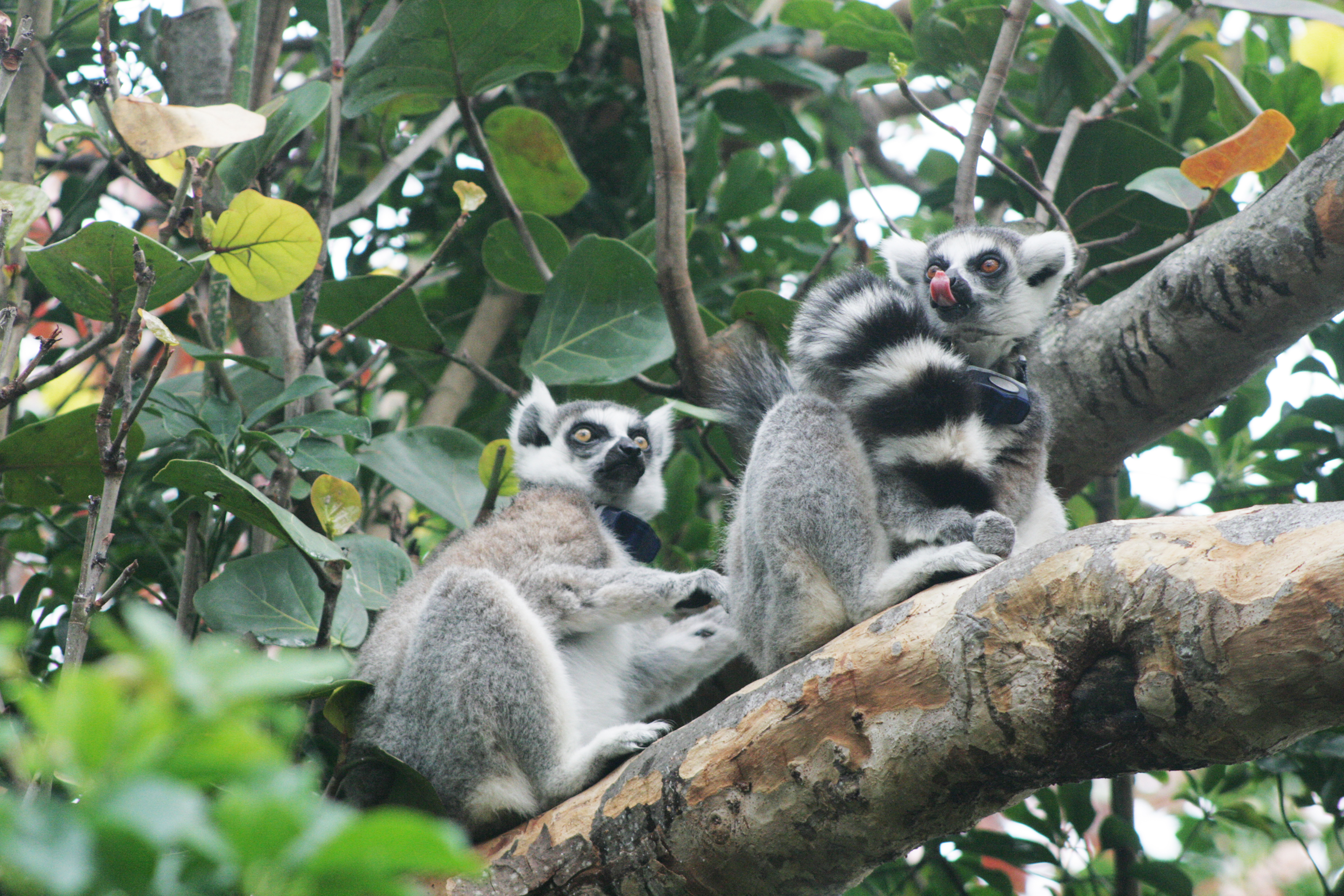Recent News
4 Foot, 2 Inch Squid Washes Up On South ShoreFriday, March 27, 2015
[Updated] A four foot, two inch squid washed up on the South Shore today [Mar 27], with the specimen now on its way to the Aquarium for analysis.
HSBC fund to aid water conservation
Monday, March 23, 2015
The Global HSBC Water Programme has received funding to support two conservation projects in Bermuda.
Waging war on Island’s lionfish menace
Friday, March 20, 2015
A full-time, deep sea culling programme to help to control the number of invasive lionfish is being created by the Ocean Support Foundation.
Tracking the epic journey of sea turtles
Friday, March 13, 2015
New data about Bermuda’s sea turtles, including research tracing the journey of young animals from Bermuda to foreign shores, is to be presented at an upcoming talk.
Educational Opportunities Aboard Endurance
Friday, February 27, 2015
From exploring the surface, to diving beneath the ocean waves, a voyage aboard the Endurance brings with it a multitude of raw emotions that can embolden the most fearful, inspire the most discouraged, and impassion the most indifferent.
About
GovernanceAbout Us
Newsletter
Latest News
Gift & Bookstore
Contact
General Inquiries
info@bzs.bm
Latest News
All the latest updates and news from the Bermuda Aquarium, Museum, and Zoo, one of Bermuda's leading visitor attractions!

The residents of the Bermuda Aquarium Museum and Zoo have not received Covid-19 vaccinations, but that could change as research continues.
Ian Walker, principle curator at BAMZ, confirmed that while some larger zoos in the United States have been working with a vaccine manufacturer to test a potential vaccine on a variety of species, no such vaccinations have been performed at BAMZ.
Dr Walker said: “It is my understanding that the United States Department of Agriculture has approved this vaccine for experimental use on a case-by-case basis in the United States only.”
He added that the number of species known to contract Covid-19 – and show symptoms of the virus – is still growing.
Dr Walker said: “The number of species of animals that are known to become infected, including showing symptoms, with this virus are growing.
“This is why we have taken the strict precautions we have at BAMZ from the start of the pandemic. These precautions help to protect our staff, animals and our visitors.
“We will continue to follow the science, work with our partners and will vaccinate the appropriate animal populations when a vaccine has been approved and we can gain access to it.”
The US-based Centres for Disease Control said that “companion animals” such as cats and dogs, along with several other species, have been able to contract the virus.
The CDC said: “There have been reports of animals infected with the virus worldwide. Most of these animals became infected after contact with people with Covid-19.”
Along with a small number of pets, zoo animals including lions, tigers, pumas, cougars, snow leopards and gorillas have tested positive for Covid-19 after showing signs of illness.
Minks at farms in several countries have also been shown to contract the virus, with mink to human spread of Covid-19 reported in the Netherlands, Denmark and Poland.
Recent experimental research has shown that many other mammals, including bank voles, ferrets, fruit bats, hamsters, pigs, rabbits, racoon dogs, tree shrews and white-tailed deer can be infected with the virus.


